Description
General objective:
Recognise the main situations of non-traumatic emergencies and emergencies in the pre-hospital setting, applying critical thinking to solve problems with the selection and management of techniques and procedures for the assessment, handling and transfer of patients.
Addressed to:
Aimed at health professionals (doctors, nurses, kinesiologists, obstetricians), higher level nursing technicians, health personnel from the Armed Forces, students of health careers in their final year of study, rescue workers and firefighters who have basic knowledge of the health area.
Content
Module I: GENERAL PRINCIPLES
History of Emergencies and Emergencies
Epidemiological aspects of non-traumatic prehospital care
Characteristics of the non-traumatic prehospital patient
Components of prehospital evaluation
Human resources in prehospital care
Communication system and equipment
Urgent and emergency care network systems
Module II: NON-TRAUMATIC PRE-HOSPITAL EVALUATION SEQUENCE
Standard Precautions
Scene Safety
Types of patient assessment
Prioritization of initial management
Differential diagnosis
Reassessment and ongoing monitoring
Communication and Transfer
Module III: PRIMARY ASSESSMENT
Level of consciousness
Airway and respiration
Circulation and Perfusion
Module IV: SECONDARY EVALUATION
Clinical history (SAMPLER - OPQRST)
Vital signs
Physical Examination
Diagnostic methods
Module V: LEGAL ASPECTS AND BEHAVIORAL SKILLS
Current legislative framework
Behavioral competencies of the health care team
Management of agonal state and death
Management of special situations (refusal of treatment, organ donation, unidentified patients, abandonment).
Aspects of occupational health and safety
Module VI: NEUROLOGICAL ALTERATIONS
Anatomy and Physiology Central Nervous System
Anatomy and physiology Peripheral Nervous System
Disorders of the State of Consciousness
Cerebral vascular disorders
Nervous System Infections
Intracranial Hypertension and Herniation Syndrome
Convulsive disorders
Neuromuscular disorders
Headaches
Other causes of neurological disorders
Evaluation and management of neurological disorders
Module VII: RESPIRATORY SYSTEM ALTERATIONS
Anatomy and Physiology Respiratory System
Upper Airway Disorders
Respiratory System Disorders
Other causes of respiratory disorders
Airway and Breathing Management Techniques
Difficult airway management
Evaluation and management of respiratory disorders
Module VIII: SHOCK
Anatomy and Physiology Cardiovascular System
Pathophysiological Processes of Shock
Hypovolemic Shock
Distributive Shock
Cardiogenic Shock
Obstructive Shock
Complications of Shock
Shock in special populations
Evaluation and Management of Shock
Module IX: CARDIOVASCULAR ALTERATIONS
Emergencies that produce Cardiovascular Disorders
Emergencies that produce Cardiovascular Disorders
Other causes of cardiovascular disorders
Diagnostic Methods for Cardiovascular Disorders
Cardiorespiratory arrest
Evaluation and management of cardiovascular disorders
Module X: DIGESTIVE SYSTEM ALTERATIONS
Anatomy and physiology Digestive System
Types of Abdominal Pain
Digestive System Disorders
Other causes of digestive disorders
Diagnostic methods of digestive disorders
Evaluation and management of digestive disorders
Module XI: RENAL AND URINARY SYSTEM ALTERATIONS
Anatomy and Physiology Renal and Urinary System
Renal Disorders
Urological Disorders
Other Causes of Renal and Urological Disorders
Diagnostic Methods of Renal and Urologic Disorders
Evaluation and management of renal and urological disorders
Module XII: GYNECO-OBSTETRIC ALTERATIONS
Anatomy and Physiology Female Reproductive System
Gynecological Disorders
Obstetric Disorders
Prehospital delivery
Diagnostic Methods of Obstetric Gynecological Disorders
Evaluation and Management of Obstetrical and Gynecological Disorders
Module XIII: ENDOCRINAL AND METABOLIC ALTERATIONS
Glandular alterations
Alterations in glucose metabolism
Acid-base alterations
Electrolyte alterations
Diagnostic methods of endocrine-metabolic disorders
Endocrine-metabolic evaluation and management
Module XIV: INFECTIOUS DISORDERS
Infection process
Physiological response to infection
Preventive and infection control measures
Main infectious conditions
Gastrointestinal infections
Infections by fluids
Sexually Transmitted Infections
Parasitic and zoonotic infections
Multiresistant infections
Evaluation and Management of Infectious Disorders
Module XV: ENVIRONMENTAL ALTERATIONS
Anatomy and physiology Tegumentary System
Physiological processes of thermoregulation
Alterations due to cold
Heat alterations
Burns
Altitude sickness
Evaluation and management of environmental disturbances
Module XVI: INTOXICATIONS
Generalities and Toxidromes
Disorders caused by drugs
Disorders caused by drugs of abuse
Disorders due to substances in the environment (home - work)
Disorders due to bites, direct contact and food ingestion.
Antidotes
Evaluation and management of poisoning
Module XVII: MENTAL HEALTH DISORDERS
Pathophysiological organic and functional processes
Impact of emergency mental health on Public Health
Emergency mental health disorders
Evaluation and management of mental health disorders
Crisis restraint system
Module XVIII: PEDIATRIC ALTERATIONS
Relevant aspects of pediatric anatomy and physiology
Neurological disorders
Respiratory disorders
Cardiovascular disorders
Digestive disorders
Renal and urological disorders
Other causes of pediatric disorders (febrile sd., poisoning, burns)
Child abuse and neglect
Sudden death
Evaluation and management of pediatric disorders
Module XIX: GERIATRIC ALTERATIONS
Anatomophysiological evolution of aging
Alterations due to intoxication
Behavioral alterations
Abuse and neglect of the elderly
Terminal state
Evaluation and management of geriatric disorders
Module XX: MANAGEMENT IN PATIENTS WITH SPECIAL NEEDS
Evaluation and Management in Intellectual Disability
Evaluation and Management in Sensory Disability
Evaluation and Management of Motor Disability
Evaluation and management in Morbid obesity
Evaluation and management of patients dependent on medical devices.
Evaluation and management of homeless patients
Module XXI: PRE-HOSPITAL TRANSPORTATION
Transport Generalities
Class and types of transportation
Characteristics of air and ground transportation
Physiology of aeromedical transport
Human resources for prehospital transport
Selection and preparation of equipment and patient
Additional information
| Country | Chile |
|---|---|
| Certification | AST |
| Duration | 280 Hrs |
| Ranking | Adult, Specialty, Pediatric, Prehospital, Pre-hospital |
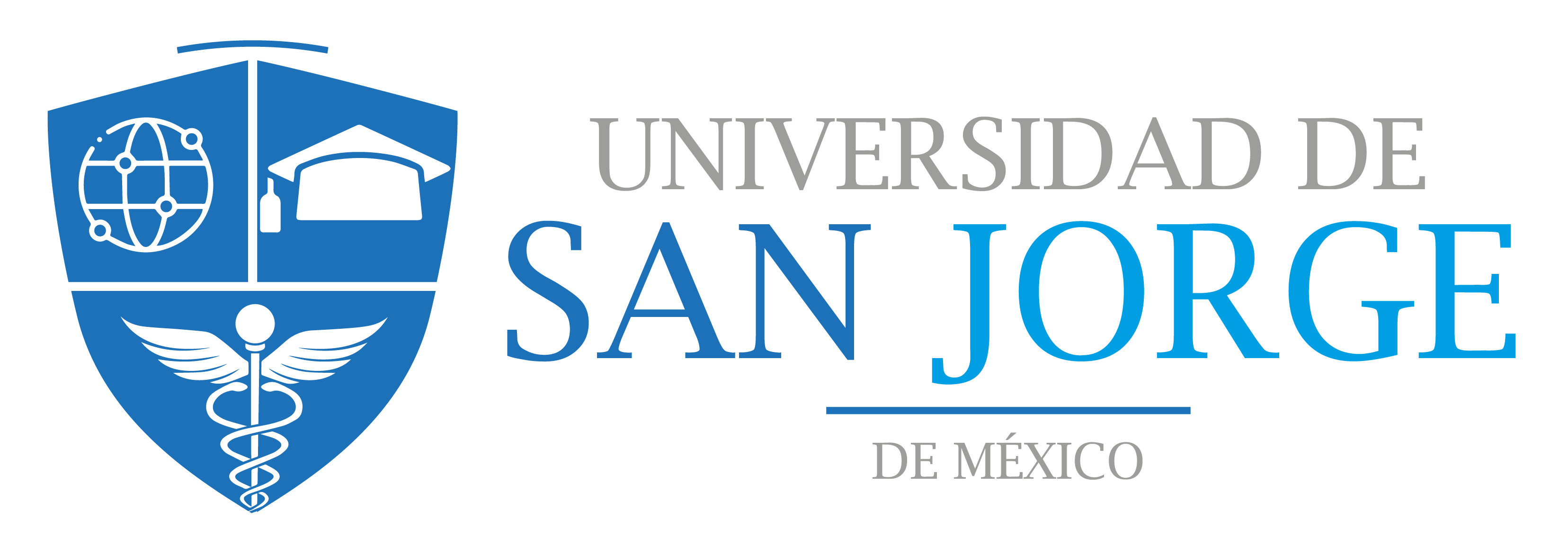
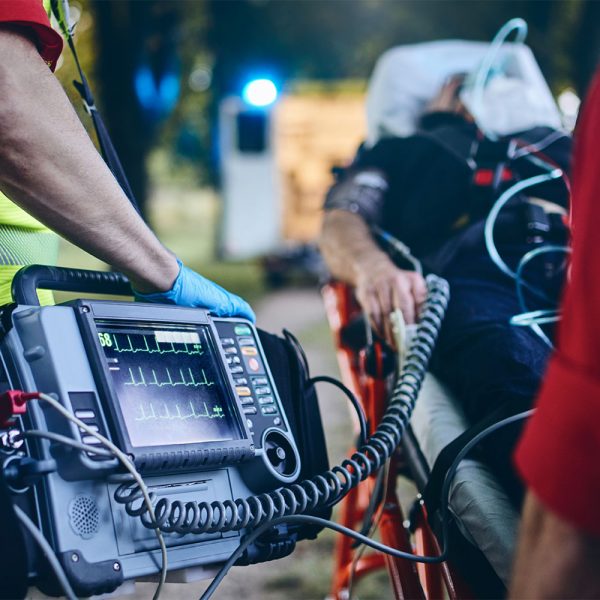

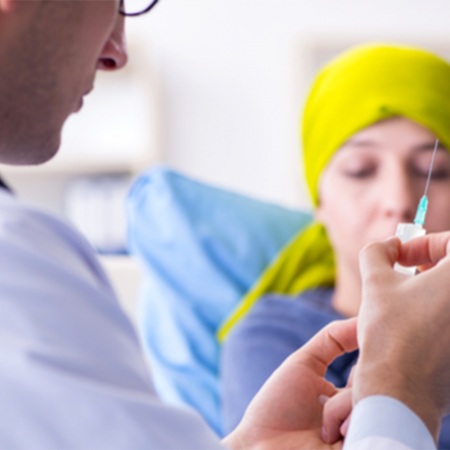
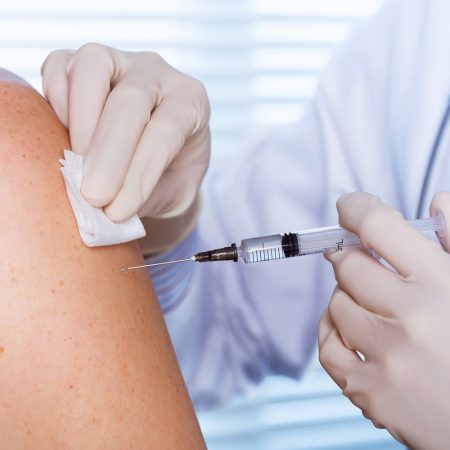
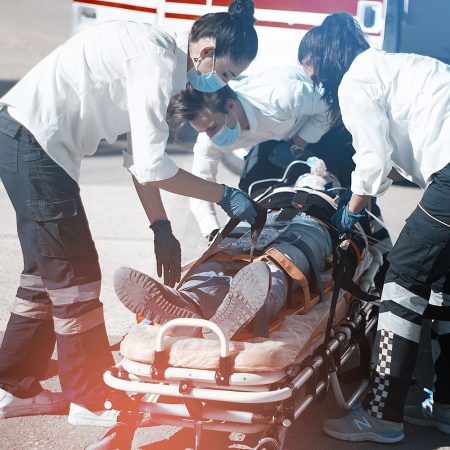
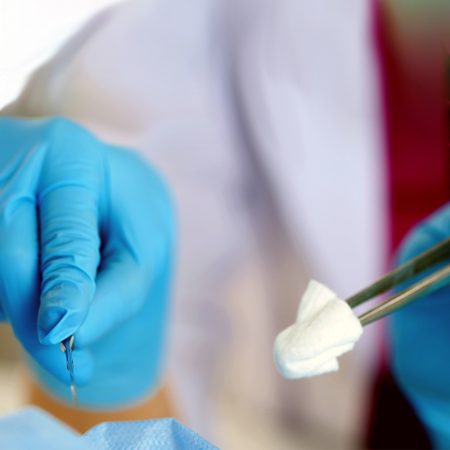
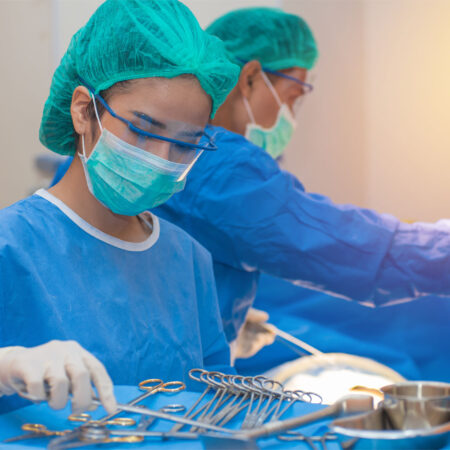
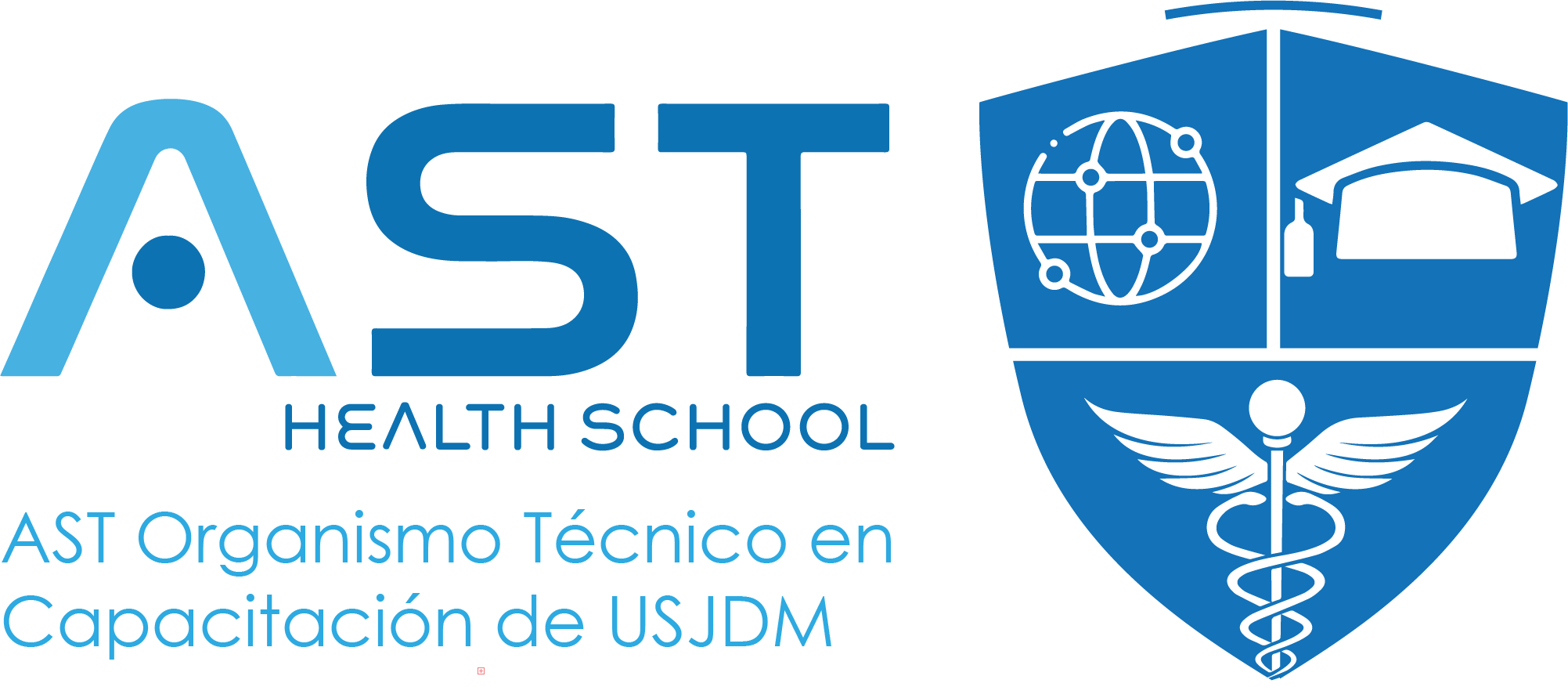



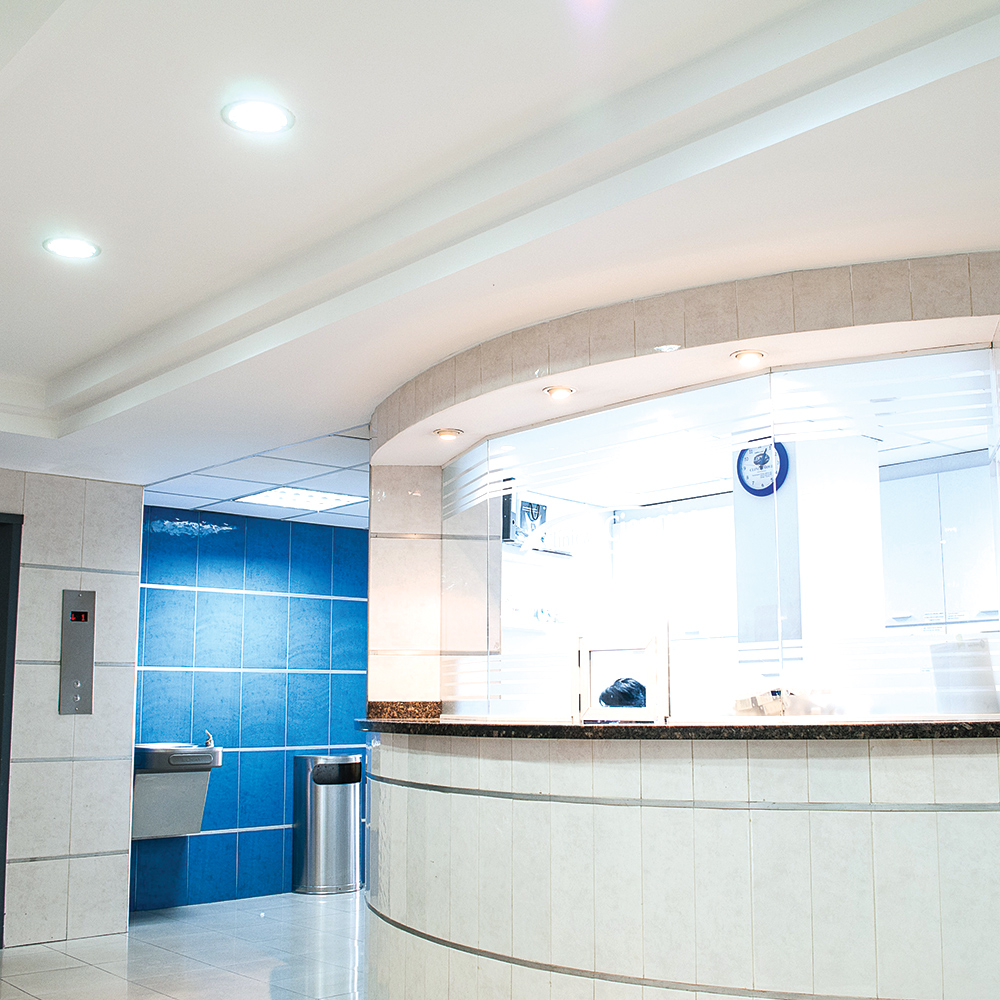

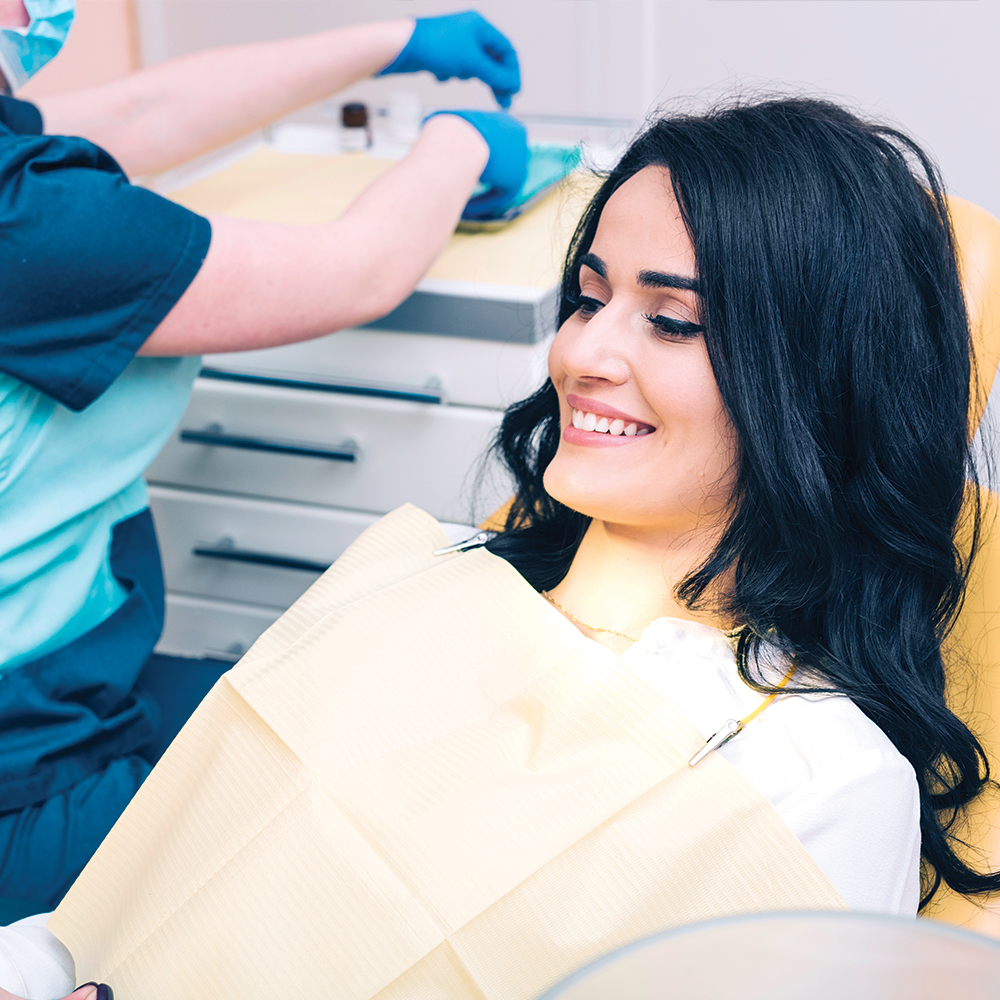
Ratings
No ratings yet.